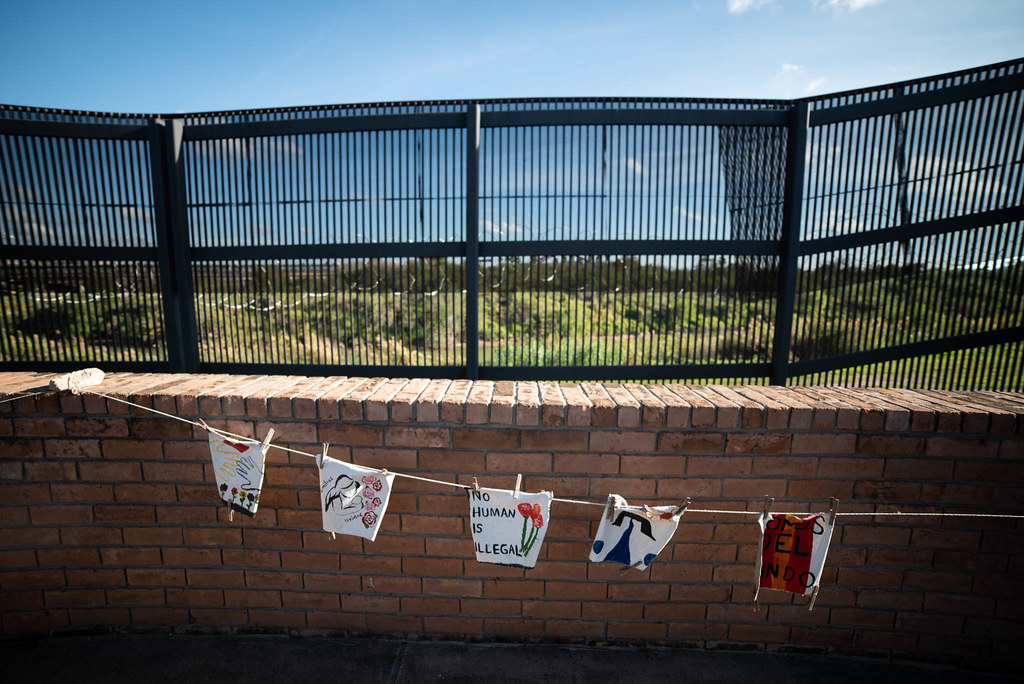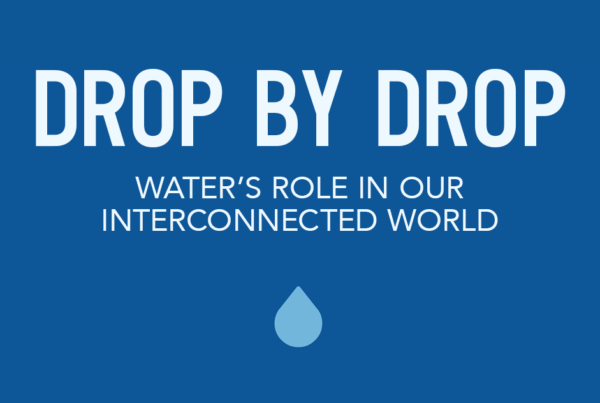Since President Donald Trump took office in 2017, his administration has dramatically reshaped the country’s immigration system, targeting migration especially at the U.S.-Mexico border. Over the past year, in particular, the administration has implemented important changes. Mallory Falk is based in El Paso where she reports on immigration for KERA.
One policy, the Migrant Protection Protocol – also known as “Remain in Mexico” – requires that asylum-seekers wait in Mexico until their asylum cases wend their way through U.S. immigration court. The Trump administration says the program helps ensure that people with weak or fraudulent asylum claims aren’t released into the U.S. But Falk says the flip side is that asylum-seekers sometimes wait in dangerous border cities where it’s hard to access legal counsel. It also puts them at risk of being kidnapped, raped or extorted. Falk says a recent report from Human Rights First found more than 600 cases of violent crime against asylum-seekers waiting in Mexico.
The Third Country Transit Regulations also started in 2019. They’re collectively known as the “asylum ban,” and the rules stipulate that people seeking asylum in the U.S., who are not from Mexico, must first apply for and be denied asylum in another country. For example, an asylum-seeker from El Salvador would be expected to request asylum in Guatemala – and be denied there – before seeking asylum in the U.S. Migrants can still apply for two other forms of protection, but they’re difficult to get approved, and don’t provide a path to citizenship.
Falk says that El Paso has become a testing ground for new immigration policies this year. The administration is currently rolling out two programs that speed up asylum decisions: the Prompt Asylum Claim Review, which applies to non-Mexicans; and the Humanitarian Asylum Review Process. Migrants in these programs are detained in Customs and Border Protection facilities where they can briefly call a lawyer before their “credible fear” interviews. If officials don’t believe they fit the criteria for asylum, they can quickly be deported. Falk says many lawyers in El Paso have denounced the program.
Written by Morgan Kuehler.













